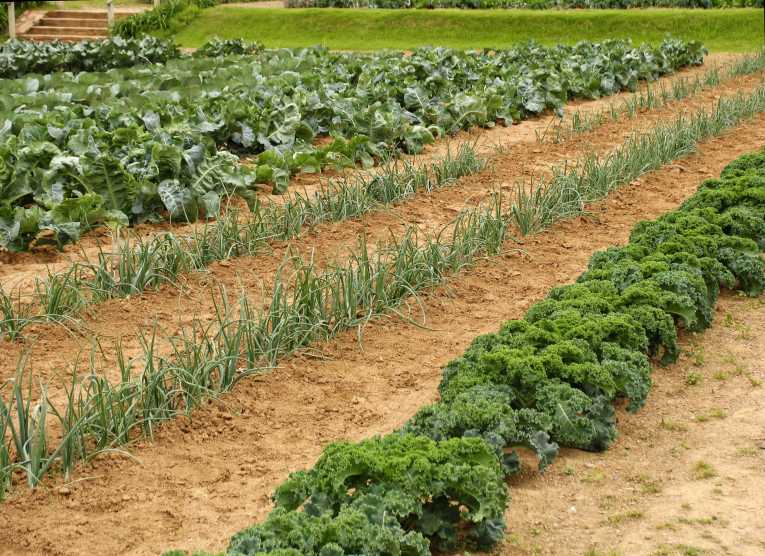A new commission is created to improve food production and stability as harsh conditions increase
A constant feature in news headlines is the 'rising cost of living' which encompasses anything from the cost of running a car to the cost of housing and also importantly, the cost of vital essentials such as food. In particular, recent natural occurrences such as draughts and floods have further heightened the price of food.
As the cost of living is expected to rise once again, a team of experts from continental countries has made it their aim to produce a set of recommendations for policies. These recommendations will attempt to improve food production by overcoming obstacles such as harsh climates, increasing populations and the scarcity of resources. These conditions are already causing problems for people all over the world, with the people in poorer countries being pushed further into poverty and hunger, whilst in the developed countries, the rising cost of food has led to civil disputes and unrest.
In a measure designed to combat these problems the creation of the new Commission on Sustainable Agriculture and Climate Change has been announced recently. The commission will consist of experts from Australia, Bangladesh, Brazil, China, Ethiopia, France, Kenya, India, Mexico, South Africa, the United Kingdom, the United States and Vietnam. The commission is the idea of the Consultative Group on International Agriculture Research (CGIAR) and the Earth System Science Partnership (ESSP). It is part of their 10-year program, The CIGAR Research Program on Climate Change, Agriculture and Food Security (CCAFS) and it will be the role of the commission to devise new policies on global agriculture so that the world is better prepared for climate change. This will ease the problems caused by food shortages which so far have resulted in a further 44 million people being forced to live in poverty. The commission will also look at reducing carbon emissions and greenhouse gas emissions to try and preserve the worlds dwindling resources.
The commission's findings are expected to be heard by bodies such as the United Nations Framework Convention on Climate Change (UNFCCC), the Rio +20 Earth Summit and the G20 (Group of 20 industrialized and developing countries) so that they are able to amend existing policies and improve the stability of food production and the preservation of the worlds resources.










